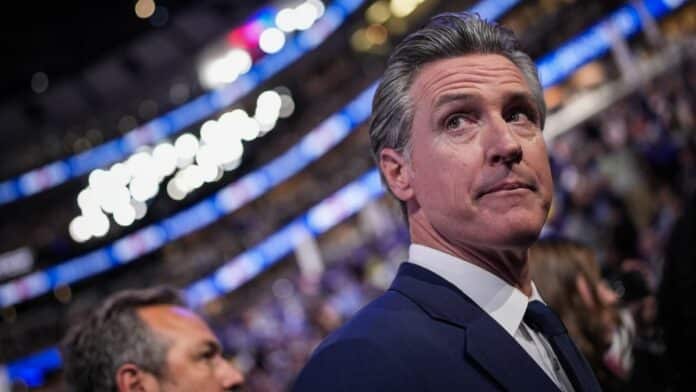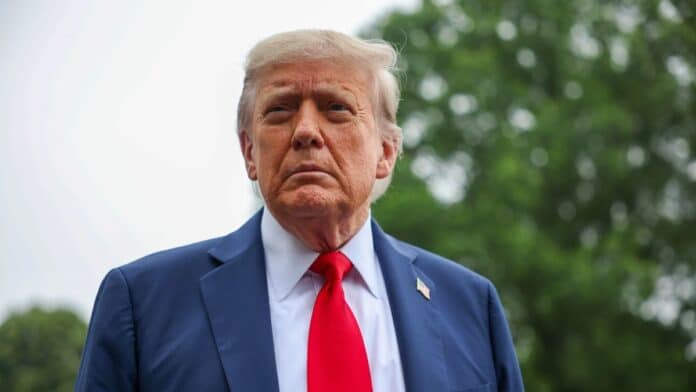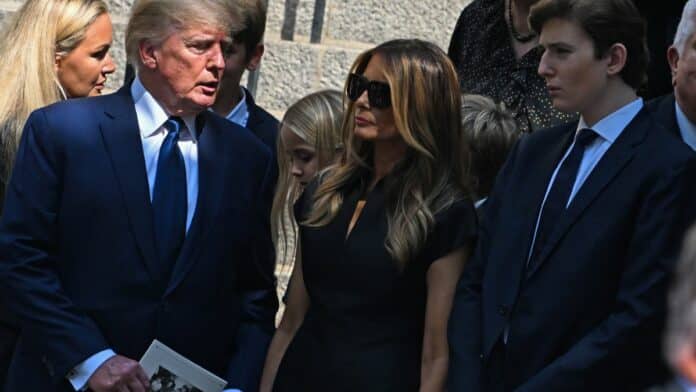Germany and France are quietly preparing for the grim demands of a large‑scale war with Russia—structuring medical systems to manage thousands of battlefield wounded. Germany expects to treat up to 1,000 wounded troops daily, while France is readying hospitals for 10,000–50,000 casualties by 2026.
Germany’s military is adjusting medical logistics to meet the evolving nature of modern warfare, as seen in Ukraine. Surgeon General Ralf Hoffmann warns that drones and rapid strike zones now complicate evacuation. The German plan emphasizes prolonged stabilization at or near the front lines, using hospital trains, buses, and airlift to move injured soldiers to Germany’s civilian hospital network.
Hospitals across Germany may contribute as many as 15,000 beds from a national capacity of about 440,000. Germany’s military medical corps, currently around 15,000 personnel, is slated for expansion to meet potential war demands.
France’s plan runs on a higher scale. The French health ministry has ordered civilian health systems to prepare for tens of thousands of wounded soldiers—including NATO allies—by early 2026. France intends to create regional medical transit centers near major transport hubs, funneling casualties into civilian hospitals once stabilized.
These moves indicate that European NATO members are shifting from theoretical deterrence to operational readiness. Military leaders long warned that conflicts with Russia would be intense, requiring not just weapons but robust casualty care systems. NATO is already coordinating medical evacuation plans across member states.
These preparations underscore a stark reality: NATO states now view a major war with Russia as a credible possibility—and are integrating defense and public health systems accordingly.












